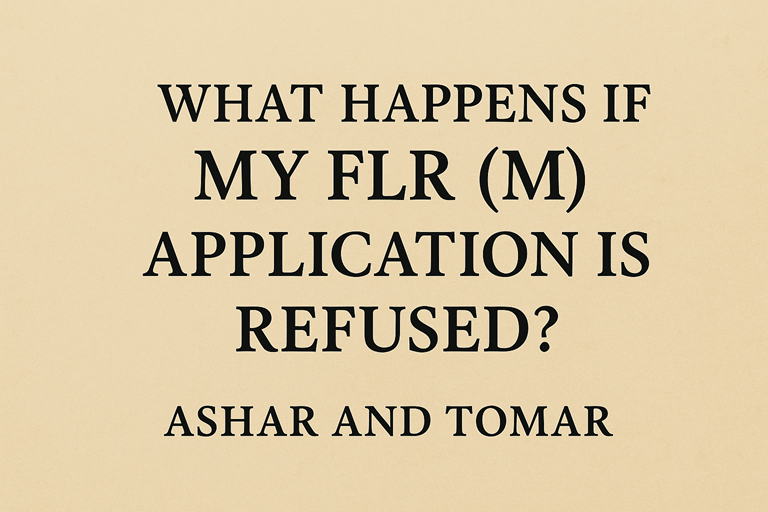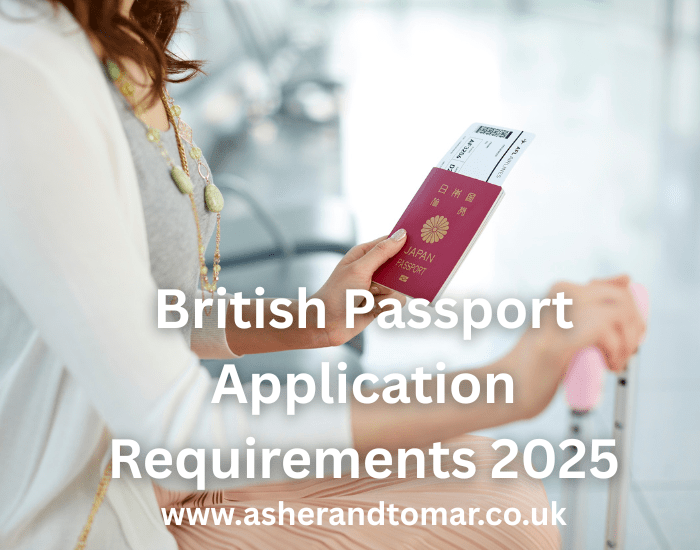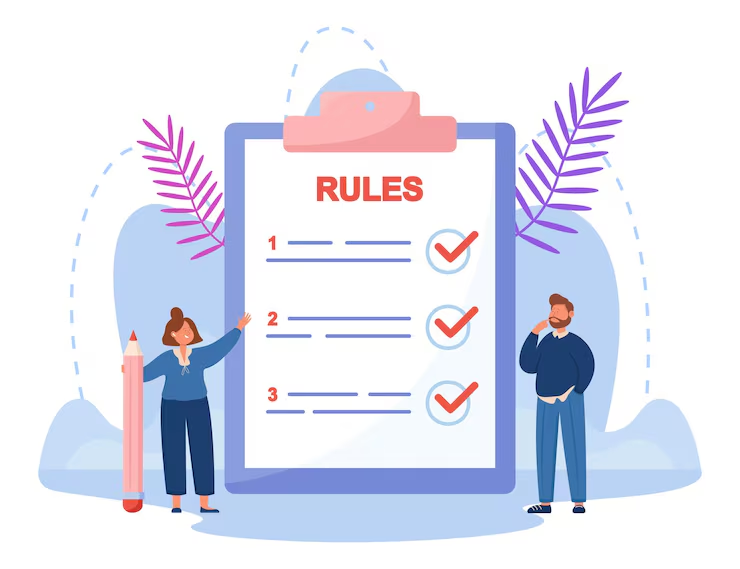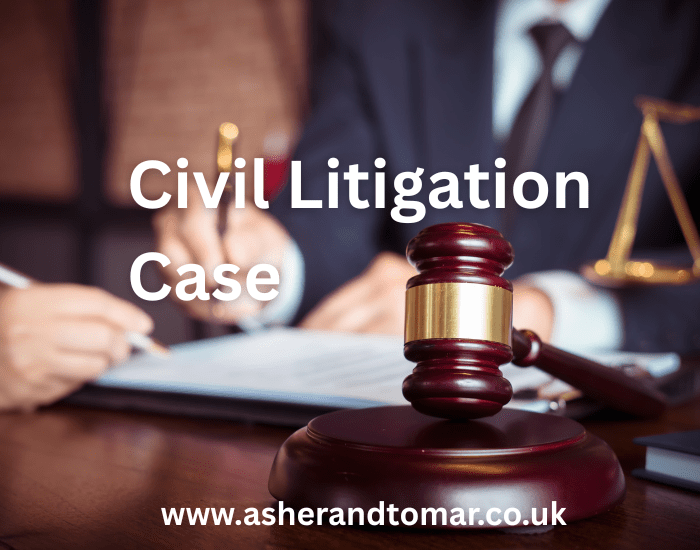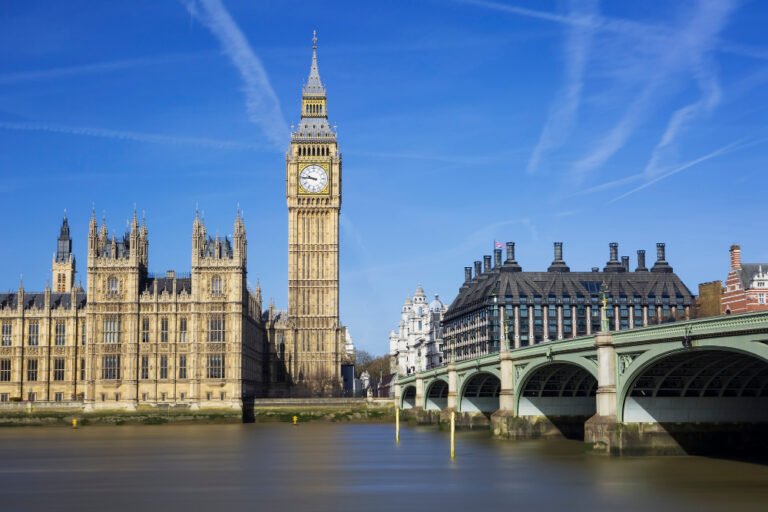Applying for Further Leave to Remain (FLR M) is an important step for spouses and partners of British citizens or settled persons who wish to extend their stay in the UK. It allows you to continue living with your partner while progressing toward Indefinite Leave to Remain (ILR).
However, not every application is successful. A refusal can be stressful and emotionally draining — especially when your family life and future plans are at stake. In this article, Ashar and Tomar Solicitors explain what happens if your FLR (M) application is refused, why refusals occur, and the options available to you afterwards.
Understanding FLR (M)
The FLR (M) visa is granted to individuals who are already in the UK on a spouse, partner, or fiancé(e) visa and wish to extend their stay. Successful applicants are granted an additional 30 months (2.5 years), after which they can apply again to complete five years in the UK before qualifying for ILR.
If your FLR (M) application is refused, it means the Home Office has determined that you do not meet one or more of the visa requirements.
Common Reasons for FLR (M) Refusals
The Home Office may refuse an FLR (M) application for various reasons, such as:
- Insufficient Financial Evidence
Many refusals occur because the applicant or sponsor cannot prove that they meet the minimum income requirement of £18,600 per year, or because the documents provided are incomplete or inconsistent. - Lack of Genuine Relationship Evidence
If the Home Office doubts that your relationship is genuine and subsisting, they may refuse the application. Missing or weak evidence — such as limited photos, messages, or joint financial documents — can cause concern. - Failure to Meet the English Language Requirement
Applicants must prove their ability to speak English by passing an approved test or holding a recognised qualification. Failure to provide the correct certificate or taking an unapproved test can lead to refusal. - Incorrect or Missing Documents
Even small administrative errors — such as missing payslips, bank statements, or outdated documents — can result in a rejection. - Immigration or Character Issues
Previous visa breaches, overstaying, or undisclosed criminal convictions can negatively impact your application.
What Happens After a Refusal?
If your FLR (M) application is refused, the Home Office will issue a refusal letter explaining the reasons for the decision and what options are available to you. These usually include one or more of the following:
1. Administrative Review
If you believe there was a caseworking error (for example, the Home Office overlooked evidence or misapplied the law), you can request an Administrative Review. This must typically be submitted within 14 days of receiving your refusal decision.
An administrative review does not allow you to submit new evidence — it only challenges errors in the way your application was handled.
2. Appeal to the First-Tier Tribunal
If your application was refused under human rights grounds, particularly under Article 8 of the European Convention on Human Rights (right to respect for private and family life), you may have the right to appeal.
An appeal allows you to present your case before an independent tribunal and submit additional documents to prove your eligibility. Legal representation is strongly recommended for this process.
3. Reapply with a Fresh Application
If you realise that the refusal resulted from missing documents or new evidence has become available, it may be more effective to submit a new application.
This approach can be quicker and more cost-effective than appealing, especially if your circumstances have improved.
4. Leave the UK and Apply from Abroad
If your visa has expired and you no longer have a right to stay in the UK, you may need to leave the country and apply for a spouse visa from your home country.
However, in many cases, professional legal assistance can help you remain in the UK while your new application or appeal is being processed.
How Ashar and Tomar Solicitors Can Help
A refused FLR (M) application does not necessarily mean the end of your journey — but it does require immediate legal guidance.
At Ashar and Tomar Solicitors, we specialise in immigration and family law. Our team has extensive experience in handling complex FLR (M) refusals, appeals, and reapplications. Here’s how we help:
- Case Review: We analyse your refusal letter and identify the specific reasons your application was rejected.
- Strategic Advice: We explain the best next steps — whether that’s appealing, reapplying, or requesting an administrative review.
- Document Preparation: We ensure your evidence fully meets the Home Office standards, addressing any weaknesses from your previous application.
- Legal Representation: If your case proceeds to appeal, we prepare a detailed legal argument and represent you before the Immigration Tribunal.
- Ongoing Support: We provide regular updates and guidance throughout the process to ensure you’re never left uncertain.
Our goal is to help you achieve a positive outcome and continue building your family life in the UK with confidence.
Conclusion
Having your FLR (M) application refused can be upsetting, but it’s not the end of the road. With the right legal support, many refusals can be overturned or successfully resolved through appeal or reapplication.
At Asher and Tomar Solicitors, we understand how critical your immigration status is to your family’s future. Our expert immigration solicitors are dedicated to protecting your rights and guiding you toward a successful resolution.
If your application has been refused or you’re uncertain about the next step, contact Ashar and Tomar Solicitors today for professional, confidential advice.


